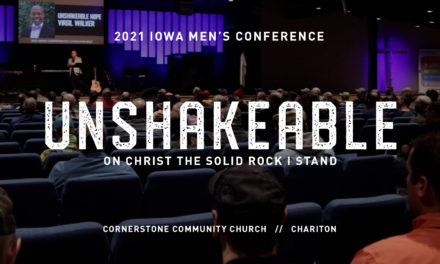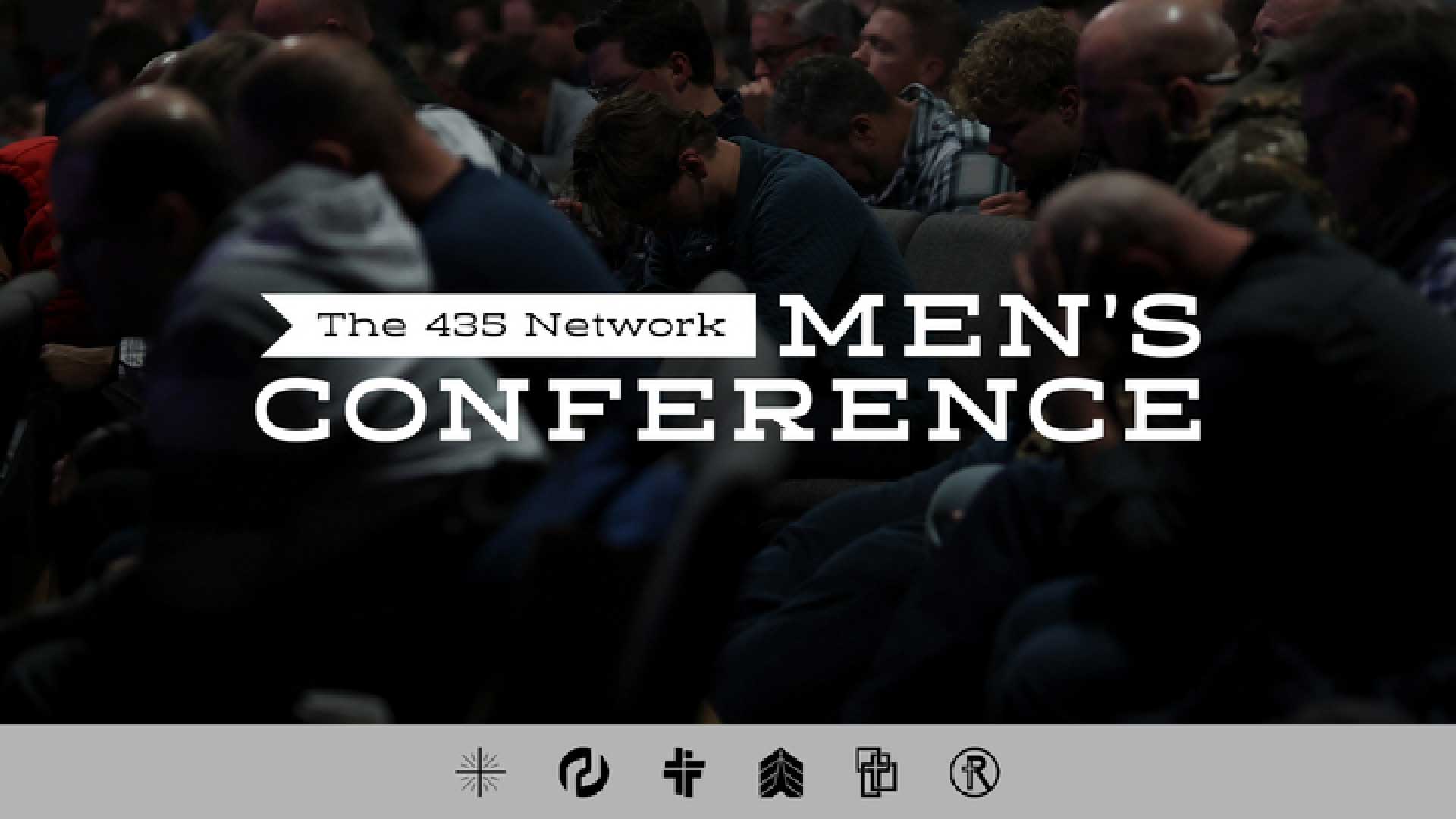by Chris Eller | Associate Executive Direction, Baptist Convention of Iowa
Dealing with the Covid-19 pandemic has changed the way America lives for the immediate future. While many of us are adjusting to a new, much slower pace and a lot of time at home, businesses large and small are dealing with the immediate economic impact. Churches are not exempt from the economic realities we are going to face because of this global crisis.
Here are some thoughts on how churches can plan as we move through the remaining months of 2020:
- Churches may see a delayed impact in comparison to many small businesses. With online giving so readily available today, families will likely continue to support their church financially in the early stages of the crisis. The real impact could hit churches as the economy tightens, and people begin to lose jobs or see a reduction in income.
- Monitor your cashflow carefully. It is important that church leaders are working with the most recent data when it comes to making financial decisions. Many churches generate financial reports monthly, but it could be prudent during a time of crisis to provide weekly financial reports to church leaders.
- Review your budget and identify fixed and non-fixed expenditures. The reality is, for many churches, a large percentage of their budget falls into the fixed category. Moreover, within a church’s fixed expenses, personnel is usually the largest expense category. Consequently, if money gets short, churches will quickly be forced to make painful decisions that will impact the families of your employees. Know how much it will cost your church to fund the absolute minimums to keep your church functioning and solvent.
- Contact your vendors to see what flexibility is available in paying fixed expenses during this crisis? Start with large organizations that will likely get government help to assist people—banks, utilities, etc. Can you forego paying your mortgage, utilities, etc. during the crisis?
- Identify cash reserves. It is not uncommon for a church to have anywhere from a month to up to six months of cash reserve on hand. This means that if your monthly budget is $10,000, the church has at least $10,000 in cash to operate one month without any income. It is unlikely a church will see a complete stoppage of all offerings, so this helps you buffer the changes and gives you time to react.
- Prioritize how you will use your cash reserves. Review your fixed expenses and compare those to your cash reserves. How will you spend your cash reserves, and what expenses will get paid, and which ones will not? As a leadership team, are you willing to deplete your cash reserves to survive this crisis, or will you maintain a minimum account balance regardless of how bad things get?
- Prioritize your employee roster. This is where it gets really difficult as a church leadership team. There are two approaches to prioritizing who gets paid and who will not get paid if things get tight. The first is to look at what you consider essential positions. Keep in mind that as a church, your ministries and services will be significantly diminished, so what was an essential ministry a month ago may not be an essential ministry today. Second, how can you best provide for your employees while dealing with the realities of diminishing finances? This means having an honest conversation with your employees and determine what they need to survive during this crisis? Like the church, each family will have fixed and optional expenses. What will they need to provide Dave Ramsey’s essential four walls during the crisis—food, shelter, utilities, and transportation. With this information, the church can adjust each employee’s salary to a bare minimum. NOTE: Employment Laws and regulations are changing rapidly during the COVID-19 crisis. Here are some good resources for churches and nonprofits concerning the CARES Act from CPA Mike Batts.
- Communicate, communicate, communicate. It is essential for church leadership to keep everyone informed of what is happening from a financial perspective. During a national crisis like this, many worthy organizations see a spike in their charitable contributions because they let the need be known, and folks want to help. The church needs to follow this model. As your finances begin to tighten, don’t wait until you are approaching the crisis point to bring your church and employees into the loop of communication. Start by letting your church know you have a financial plan, and you are monitoring the financial health of the church carefully. Update your congregation on the financial condition of your church regularly and frequently. Again, as things tighten, weekly is not too often. If staff layoffs or a reduction in pay seem inevitable, give your employees as much time and flexibility to adjust. No one likes surprises, and learning too late your church is in financial stress will cause your congregation to question your leadership.
- Lead by example. This should go without saying, but it will not be helpful if the families in your congregation are struggling greatly due to financial pressures, and the pastor or staff members are sailing along without any sign of financial stress. Even if your church has a large cash reserve, I would be cautious of deciding to fund your employee payroll at pre-crisis levels while your church members struggle to stay afloat.
Times like this are a true test of leadership. Pastors face the difficult position of leading their churches well during a time of crisis while also recognizing that as a husband and father, they must provide for and care for their family. Don’t isolate yourself or take on a savior complex. If there is one thing all of us need to know and understand is that we are better together.









